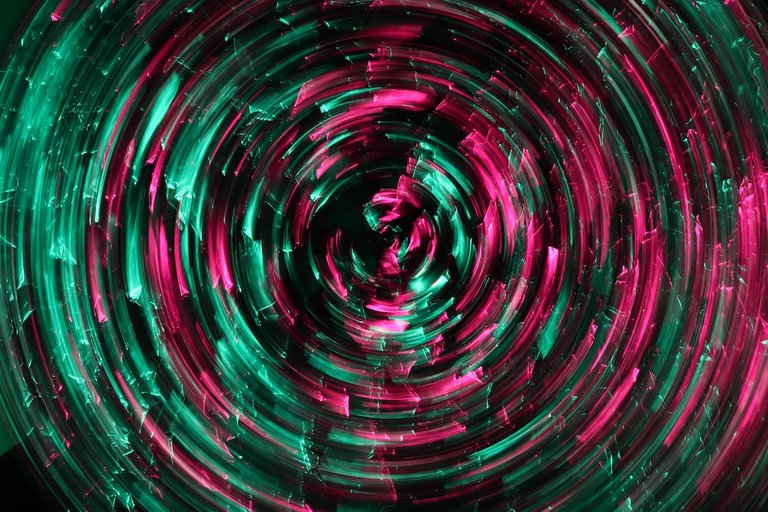Let's Discuss About Ultraviolet Radiation: What You Need To Know
Ultraviolet radiation is invisible to the human eye, but it plays a huge role in human health. Whether you’re a pet owner or someone who spends most of their day indoors, you are likely exposed to ultraviolet radiation on a regular basis. The intensity of UV rays varies depending on where you live and how much cloud cover there is.
Many people are unaware that they are being exposed to harmful levels of ultraviolet radiation. Our skin naturally produces some sunscreen as well as Vitamin D when we expose it to sunlight.
But, too much exposure can cause our skin to become dry and wrinkly. The effects of extreme UV rays can be extremely detrimental - both for humans and the environment. In fact, scientists have linked ultraviolet radiation from the sun, artificial sources such as tanning beds and other sources with serious consequences such as skin cancer, cataracts and eye damage.

What is Ultraviolet Radiation?
Ultraviolet radiation is a type of radiation that is invisible to the human eye. However, it is very prevalent in our environment. Because ultraviolet rays have short wavelengths, they are able to travel through clouds, which makes them easy to find anywhere on Earth.
Ultraviolet rays are very different from visible light waves. Visible light waves are colors that humans are able to see with the naked eye. Ultraviolet rays, on the other hand, are invisible to humans, but they can cause damage to many different types of life. Scientists believe that ultraviolet rays affect organisms such as plants and animals in the same way: by causing DNA damage.
UV rays are present in many places in our daily lives, such as in sunlight, tanning beds, tanning beds, the ocean, and even your own backyard. UV rays can cause damage to your skin and your eyes. Some people are more sensitive to UV rays than others because of their skin color, where they live, and other factors.
Can Ultraviolet rays harm your skin and eyes?
Yes. Excessive exposure to ultraviolet rays can cause serious damage to your skin and eyes. You may experience dry, itchy skin. You may also experience a condition called vitiligo, which is white patches of skin caused by the immune system attacking the pigment melanin in your skin. If you have sensitive skin, you could also develop skin lesions, such as MRLS (molluscum reatu s).
This is a skin condition that causes painful lesions to form on your skin. Excessive exposure to ultraviolet rays can also cause cataracts and macular degeneration in your eyes. Your eyes contain tissue called the cornea.

The cornea is very important for vision. If you have cataracts, the cornea thickens and becomes cloudy so you can’t see clearly. If you have macular degeneration, the nerve that sends information from your retina to your brain gets damaged.
This condition inhibits your ability to read and recognize images. The best way to protect your eyes from ultraviolet radiation is to wear sunglasses when you’re outside. Also, it’s a good idea to wear a hat and sunscreen when you’re outside. You can also try to avoid being out in the sun during peak hours, like mid-day.
Ways to Stay Safe From Ultraviolet Rays
There are several things you can do to protect yourself from ultraviolet rays and stay safe from harmful effects. When you’re outside, always wear sunscreen. You can also try to avoid direct sunlight between 10 a.m. and 2 p.m. during the middle of summer.
If you’re spending a lot of time in the sun, drink lots of water, apply an aloe vera gel or try out a sunscreen spf (sun protection factor) of at least 20. Wear a hat and sunglasses when you’re outside. If you’re going to be in the ocean, swimming pool, or near the beach, always wear a hat, sunglasses, and sunscreen.
Ways to Protect Yourself From UV Rays
You can even use aloe vera gel as sunscreen. You can easily make aloe vera gel at home by mixing aloe vera gel and honey. Another important tip to protect yourself from ultraviolet rays is to stay hydrated.
You need to drink lots of water every day to stay hydrated and prevent yourself from getting dehydrated. You can also try to avoid the sun during peak hours, like mid-day. If you can’t avoid being in the sun, wear a hat and sunglasses.
You can also try to stay hydrated, wear sunglasses, and apply an aloe vera gel or try out a sunscreen spf of at least 20. Wearing protective clothing can help. You can also try to stay away from the water when it’s cloudy out. You can also try to wear a hat and sunglasses.
Conclusion
Ultraviolet radiation is very prevalent in our environment and is linked to many negative health effects, including skin cancer and macular degeneration in your eyes.
It’s important to stay safe when you’re outside and protect yourself from harmful ultraviolet rays. You can also try to protect yourself from ultraviolet radiation by staying hydrated, wearing sunglasses, and applying sunscreen when necessary.
• Links Consulted
(1). https://www.cdc.gov/nceh/features/uv-radiation-safety/index.html
(2). https://www.fda.gov/radiation-emitting-products/tanning/ultraviolet-uv-radiation
(3). https://www.who.int/news-room/fact-sheets/detail/ultraviolet-radiation
(4). https://www.sciencedirect.com/topics/earth-and-planetary-sciences/ultraviolet-radiation
Uv rays are indeed harmful and one of the major causes of skin cancer. Thanks for sharing.
They are really harmful but at the same time they can be beneficial
Thanks for your contribution to the STEMsocial community. Feel free to join us on discord to get to know the rest of us!
Please consider delegating to the @stemsocial account (85% of the curation rewards are returned).
Thanks for including @stemsocial as a beneficiary, which gives you stronger support.
Thank you 😊